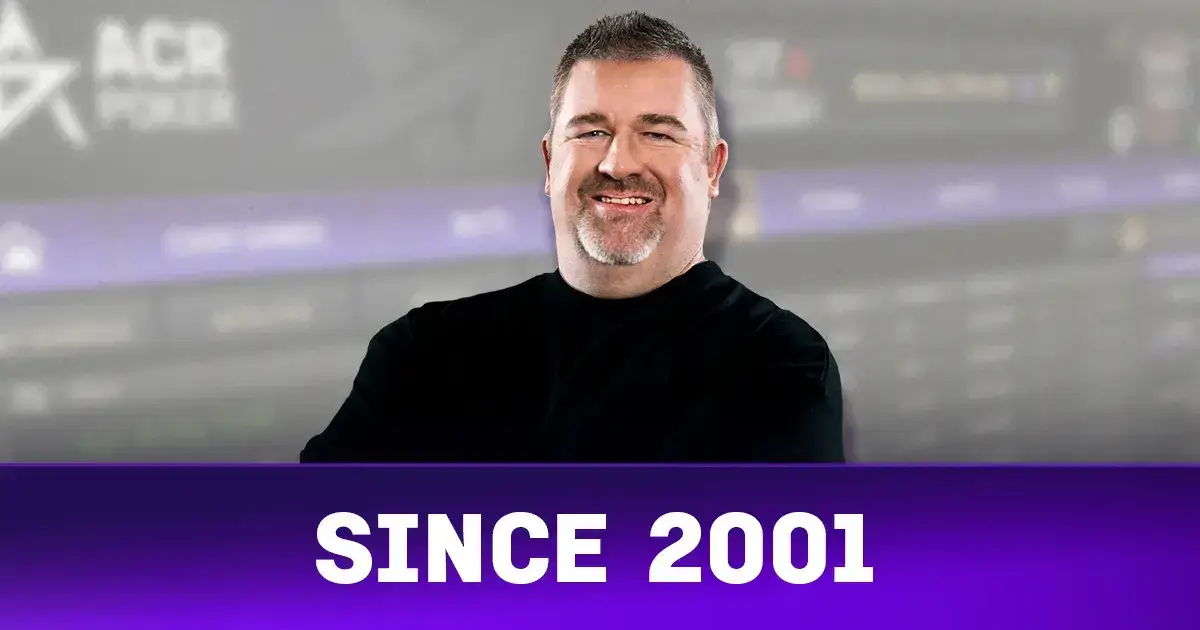
What Poker Feels Like When You’re Card-Dead for 6 Hours
By Chris Moneymaker
Most players know the feeling: you’re sitting at the table for hours, folding garbage hand after garbage hand, waiting for something playable. The phrase “card-dead” gets thrown around like it’s a death sentence. But for Chris Moneymaker? I don’t even believe in it.
Being card-dead is a mindset issue, not a strategic one.
“Card-Dead” Doesn’t Mean Powerless
When people say they’re card-dead, what they usually mean is they’re not being dealt premium hands. But poker isn’t about waiting for aces. It’s about reading your opponents, understanding the dynamics of the table, and finding ways to accumulate chips without the help of the deck.
I don’t have a specific six-hour dry stretch that haunts me — because I don’t let cards define how I play. Whether my opponents are too tight or too loose, I can usually find a way to take advantage. I’ve won plenty of pots with 8-2 offsuit. It’s all about picking your spots and trusting your read.
Knowing When You’re Slipping
That said, mental fatigue is real. There are moments when I can tell I’m not in peak form and it usually shows in how I behave between hands. When I start snapping my cards up the second they’re dealt, I know I’m not as focused as I should be. When I’m locked in, I wait. I watch the table first, take in the action, then look at my hand last.
That discipline matters, especially when the cards aren’t helping.
Table Awareness Beats Card Strength
The most important tools when you’re in a cold streak are hand reading and situational awareness. That’s when I start dialing in on the table; who’s protecting their blinds too tightly, who’s opening too frequently, who’s just along for the ride. This applies whether you’re playing live or online poker.
That kind of information lets me play their tendencies, not my hand. When you realize poker isn’t about your cards, it’s about what your opponents will let you get away with, the whole game opens up.
The Limits of Table Talk and Mind Games
Some players try to change their body language or speech when they’re card-dead, trying to sell strength or weakness. I don’t bother. Each opponent perceives things differently. The way I act might look one way to one player and the opposite to another. I’m not going to run a leveling game when the message won’t be received the same way by all nine players.
Picking Your Spots Without Going Overboard
There’s a fine line between smart aggression and punting off your stack. Fortunately, that line becomes clearer with experience. You can tell when someone’s getting out of line and when you can exploit them with a light 3-bet. You can tell when the blinds are there for the taking.
This isn’t about randomness. It’s calculated. Over time, identifying those steal spots becomes second nature.
Mindfulness? Not Anymore
I used to experiment with breathing exercises and mindfulness techniques. Honestly, they didn’t do much for me. What works better is routine. A consistent schedule before and during events keeps me mentally even.
The Frustration of Folding
Folding borderline hands is the one area where regret sneaks in. When you muck a close hand, you never get to know if you were right. Calling and losing still gives you closure. Folding leaves you guessing, and that’s where doubt creeps in. That’s why folding well is one of the hardest skills in poker.
Reviewing Dry Sessions: It’s About People, Not the Deck
When I go back and reflect on a session where I didn’t play many hands, I don’t blame variance. I look at what the table gave me. Sometimes the players are aggressive and sharp, so I tighten up. Other times, they’re passive and exploitable, and I end up playing nearly every hand.
The key is adjusting. I don’t complain about the cards. I just adapt.
For Beginners: Stop Waiting for Aces
If you’re new to the game and feel stuck when the cards run cold, here’s the truth: you’re not doomed. You’re not helpless. You just need to shift your mindset. Your edge doesn’t come from the cards, it comes from recognizing what others are doing wrong and exploiting it.
One Long Bubble, One Big Lesson
During the WSOP Main Event, I once hit the money bubble as a medium stack. For hours, I couldn’t play a single hand. The field was tight. The stacks were awkward. So I didn’t force it.
Instead, I put on a movie. Seriously. Three hours of hand-for-hand play later, most of my table was mentally fried, and I was relaxed, fresh, and ready to push forward. That patience, more than anything, made the difference.
Still think being card-dead means you can’t win?
Rethink your game
Poker isn’t about waiting. It’s about adapting, observing, and executing with any two cards.
Play your edge. Start your run on Americas Cardroom today.

